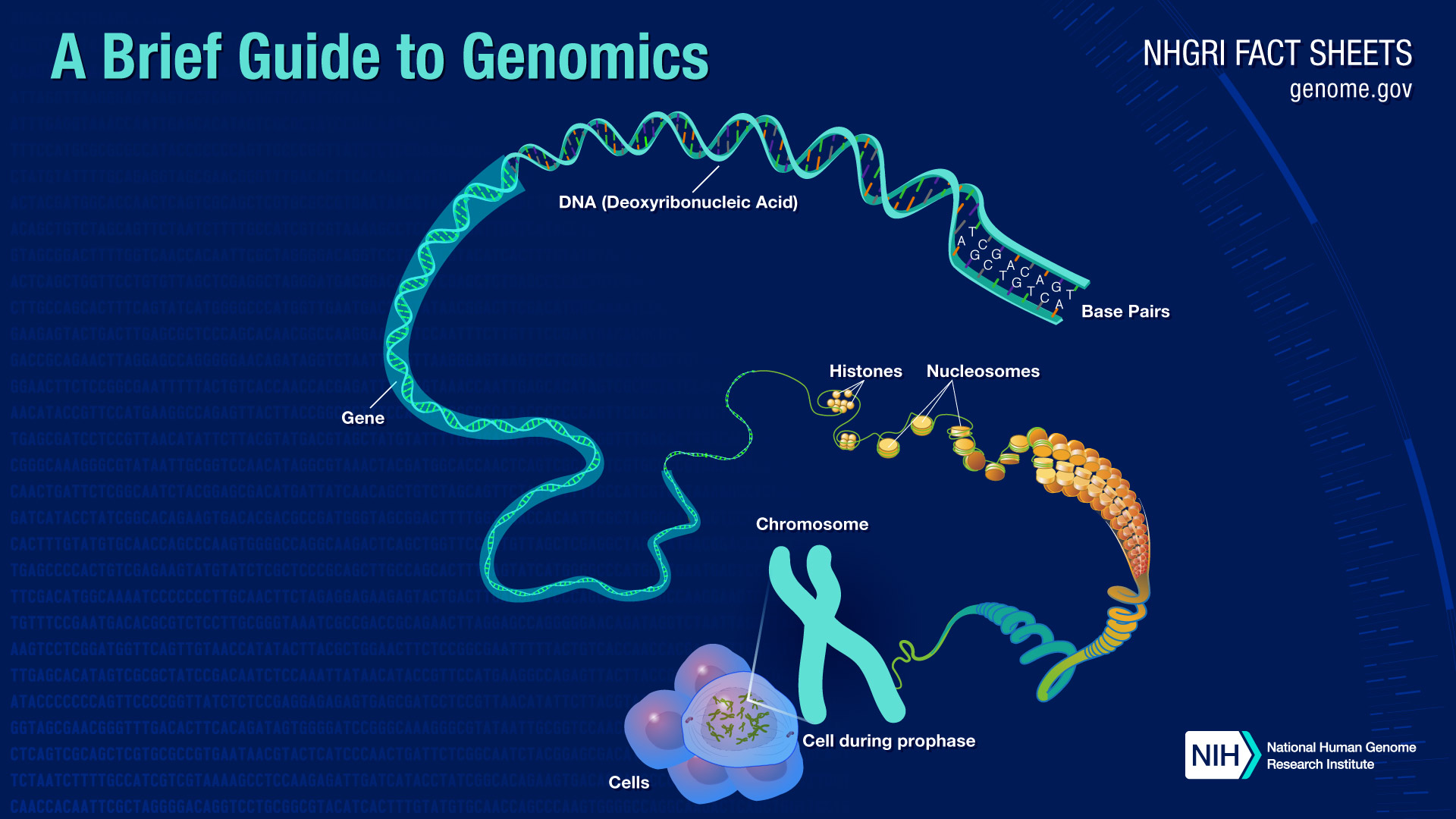An Introduction into Precision Health and Medicine
Precision health and medicine represent a transformative approach to healthcare—one that goes beyond one-size-fits-all treatments and embraces the biological uniqueness of each individual. By integrating data from genomics, proteomics, and other molecular fields, precision medicine seeks to predict, prevent, diagnose, and treat diseases with unprecedented accuracy.
At the heart of this paradigm shift are genomics and proteomics, two pillars of modern biomedical science that enable us to understand the body at its most fundamental levels: DNA and proteins.
Genomics is the study of the complete set of DNA — the genome — within an organism. Advances in genome sequencing have allowed researchers and clinicians to identify genetic variants associated with rare diseases, cancer susceptibility, and treatment response. In clinical practice, genomics is already making a profound impact, from enabling earlier diagnoses of inherited conditions to informing which cancer therapies are most likely to be effective for a given patient.
As genomic data becomes more integrated into routine care, clinicians can tailor preventive strategies and therapies based on a person’s individual genetic profile. This enables not just reactive medicine, but proactive health management.
If genomics tells us what might happen, proteomics tells us what is happening. Proteomics is the large-scale study of proteins, the functional molecules encoded by genes that carry out nearly all biological processes in the body.
Proteins respond dynamically to changes in the environment, disease, and treatment. By analyzing the proteome—the entire set of proteins expressed in a cell, tissue, or organism—researchers can gain insights into disease mechanisms, identify early biomarkers of disease, and track treatment responses in real time.
Proteomic technologies such as mass spectrometry and protein microarrays are now used to identify cancer biomarkers, detect inflammatory signatures, and develop new drug targets. When combined with genomics, proteomics adds a crucial layer of functional insight, enabling a more complete picture of health and disease.
By combining genomic and proteomic information, precision health aims to:
- Identify individuals at risk of disease before symptoms appear
- Detect diseases earlier and with greater specificity
- Tailor treatment to individual biological profiles
- Monitor disease progression and treatment response in real time.
This integrative approach accelerates the development of targeted therapies and biomarker-driven diagnostics, particularly in areas such as oncology, cardiovascular disease, autoimmune conditions, and rare genetic disorders.
Author: Dr. Tobias Ephraim Erlanger, 2025


